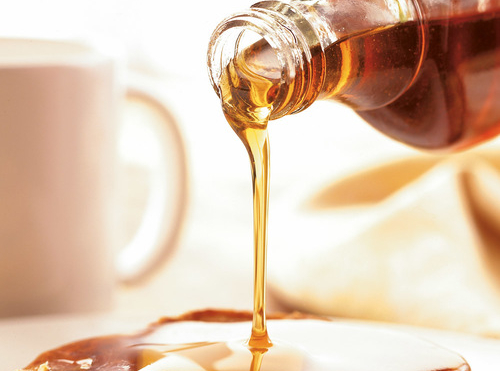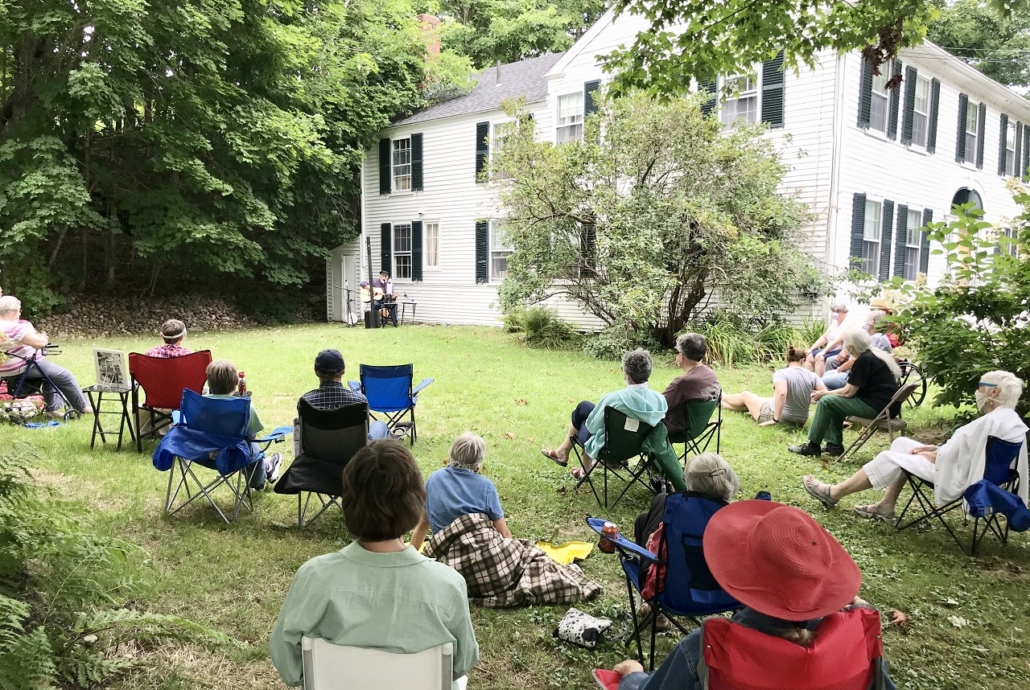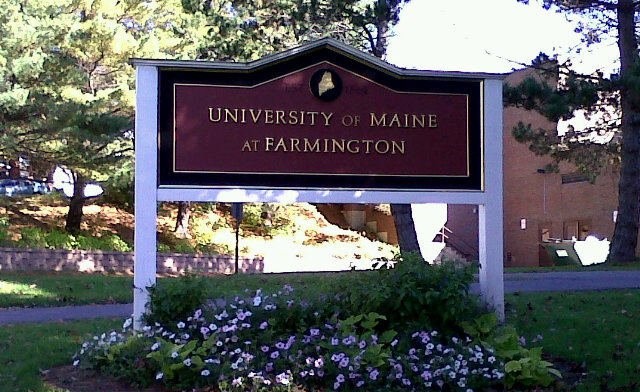Local legislator participates in virtual ecological conference

Representative Stanley Paige Zeigler, Jr.
District #96 state Representative S. Paige Zeigler recently spent two days in a Zoom conference with other ecologically-concerned state legislators from throughout the nation. The meeting was convened by the National Caucus of Environmental Legislators, whose thousand-plus members regularly trade advice to improve laws and governance of natural resources. Zeigler led the Maine contingent as the group held its 2020 National Forum in virtual space on August 6 and 7, an opportunity for 150 state leaders to discuss goals and methods. Keynoted by Ken Salazar, interior secretary in President Obama’s first term, the participants discussed:
Sustainable food systems. Attendees exchanged ideas on how to promote local production of healthy food without damage to the environment.
Utility reform. This part of the meeting focused on transition to renewable energy sources with lower costs both to consumers and to the planet.
Habitat connectivity. Participants discussed ways to regulate development so as to avoid slicing and dicing habitats into areas too small for wildlife to thrive.
PFAS pollution. A major component of plastics, PFAS (polyfluoroalkyl substances) is a group of “forever chemicals” that leach into soil and water, enter the food chain, and are known via animal studies to damage the liver, thyroid, reproductive organs, and immune system. Maine officials are intensely interested in PFAS control since February, when milk from one central Maine dairy farm was found to contain 60 to 150 times the standard limit. The farm’s milk production has been shut down, and investigators are trying to find the source of the pollution.
Transport electrification. Decided in favor of a feasibility study on converting the Ferry Service to electric power so as to cut greenhouse gases.
Environmental justice. A pair of Maine laws served as examples: one requires private well testing for contaminants, but the other helps out with the cost, an essential provision because toxic waste tends to be dumped where the poor live.
On August 6, a meeting was held by the University of Maine regarding a new source of power. Because of public/private cooperation, Maine is on the brink of starting to launch wind generation offshore. The university has the technology and there is financing available. The partners are going to work with the fishing fleet so they will have access to the areas they need. The state could generate all of its own power at an affordable rate and still export some.”



 Following a push by Maine’s Congressional delegation and Governor Janet Mills, the U.S. Department of Agriculture (USDA) has announced that producers of maple sap used to make maple syrup are now eligible for direct financial relief to help offset the financial harm they have experienced due to COVID-19.
Following a push by Maine’s Congressional delegation and Governor Janet Mills, the U.S. Department of Agriculture (USDA) has announced that producers of maple sap used to make maple syrup are now eligible for direct financial relief to help offset the financial harm they have experienced due to COVID-19.










 Our teacher, Mrs. Jones, knew each student, as she had seen us grow up from cute children to brats as we got older. Nowadays, they would call myself and my brother troublemakers. We just had busy hands and minds so the teacher gave us projects to do.
Our teacher, Mrs. Jones, knew each student, as she had seen us grow up from cute children to brats as we got older. Nowadays, they would call myself and my brother troublemakers. We just had busy hands and minds so the teacher gave us projects to do. The University of Maine at Farmington has announced its dean’s list for the fall 2019 semester. UMF maintains a dean’s list each semester for those students completing a minimum of 12 credits in courses producing quality points.
The University of Maine at Farmington has announced its dean’s list for the fall 2019 semester. UMF maintains a dean’s list each semester for those students completing a minimum of 12 credits in courses producing quality points.